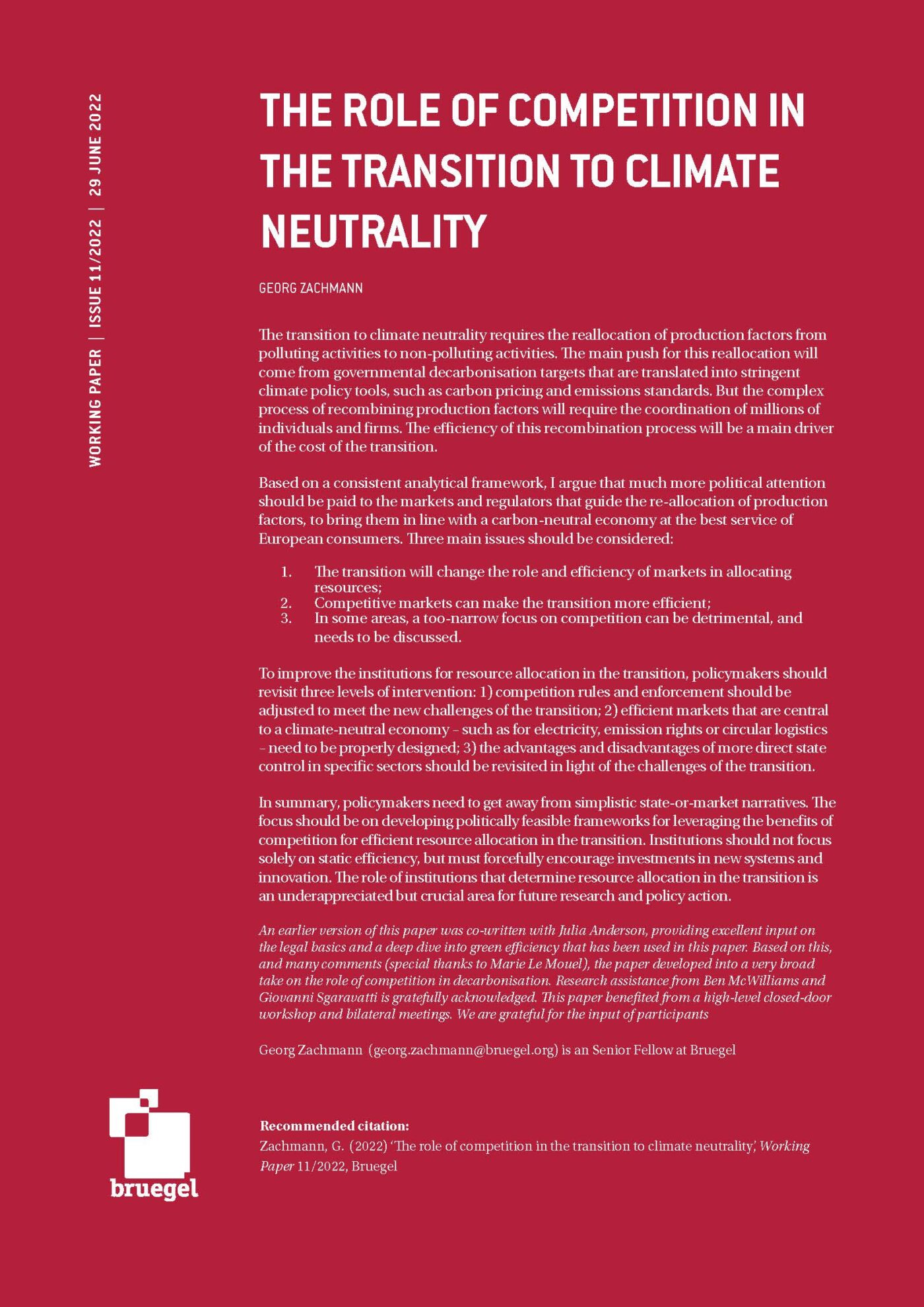Blog Post
The Spanish minefield and the Gretomic bomb have not yet been inactivated
The Eurogroup, the gathering of finance ministers of euro-area member states, is to meet on Monday 8 October 2012. It has grown into a habit that major euro-area decisions are not made unless there is a strong market pressure, so no major decisions are expected now. Market pressure has been abated somewhat by the European […]
The Eurogroup, the gathering of finance ministers of euro-area member states, is to meet on Monday 8 October 2012. It has grown into a habit that major euro-area decisions are not made unless there is a strong market pressure, so no major decisions are expected now. Market pressure has been abated somewhat by the European Central Bank’s (ECB) recent announcement of a new bond purchasing programme, the entering into force of the European Stability Mechanism (ESM), and Europe-friendly outcome of the Dutch elections.
But below the surface, two major issues are pending: the Spanish rescue and the Greek fate.
Spain’s hesitation in deciding upon the application for a full macroeconomic adjustment programme resembles to what happened in Greece, Ireland and Portugal earlier. Due to the perceived political costs of asking for a bailout, the unease at the prospect of quarterly reviews of the country’s various policies by the troika of the European Commission (EC), ECB and the international Monetary Fund (IMF), and also possibly due to pride, politicians tend to delay the bailout request. But procrastination did not work in the three countries, and is unlikely to work in Spain too. Spain has reluctantly requested a bank recapitalisation programme from euro-area partners on 25 June 2012, but that did not impressed markets and Spanish borrowing costs were at 15-year high a month later. Only ECB President Draghi’s speech on 26 July 2012, in which he communicated that a new bond purchasing programme is the making, reversed market sentiment for good.
Arguably, Spain’s fiscal situation is better than that of the Greece, Ireland and Portugal, eg worst case projections foresee a public debt of about 100 percent of GDP, well below the figures of the three countries. But 100 percent of GDP debt is still high for a euro-area country with no growth prospect and uncertain banking situation. The recently announced less than €60 billion bank recapitalisation need is viewed with scepticism, unemployment continues to be inching up and there is no light at the end of the tunnel. The application for a full macroeconomic adjustment programme would bring clarity about economic and financial policies and would allow the ECB to prove that the new bond purchasing programme is real (compliance with a full or precautionary programme is the major condition for ECB’s bond buying; the current banking programme of Spain does not fulfil this condition). That would further lower the market borrowing cost of Spain and therefore Spain may not need to draw much from the borrowing facility.
But the real danger for the euro lies in Greece. If the recession continues to deepen, social tensions could escalate, which may lead to domestic political paralysis. Under such circumstances, cooperation between euro-area partners and Greece, including financial assistance that has already been granted, would halt, leading to an accelerated and possibly uncontrolled exit from the euro area, with disastrous consequences for Greece as well the rest of the euro area.
Greek output loss after an exit would be dramatic, and it is unclear how many years it would take to compensate for the lost output, even if growth were to increase. The huge output decline would necessitate even harsher fiscal austerity, as without external financial support, the government could spend only tax revenues, which would be dramatically reduced by the collapse of GDP. The low credibility of the newly stand-alone Greek central bank would likely lead to much higher real interest rates and a period of high inflation, which are bad for growth.
It is also in the best interest of euro-area partners to keep Greece in the union, and not just because of the direct losses that would arise from financial and trade relations. Even more importantly, a Greek exit would open Pandora’s box: it would be very difficult to safeguard other economically weaker countries due to accelerating capital outflows. But a wave of exits would be even more disastrous for the economically stronger euro-area countries.
The Eurogroup should recognise these risks. It should urge Spain to a swift application for a bailout and offer Greece a prospect inside the euro area: without further public debt reduction and a real European investment programme, the Greek fortune cannot be turned to good.
Republishing and referencing
Bruegel considers itself a public good and takes no institutional standpoint. Anyone is free to republish and/or quote this post without prior consent. Please provide a full reference, clearly stating Bruegel and the relevant author as the source, and include a prominent hyperlink to the original post.












